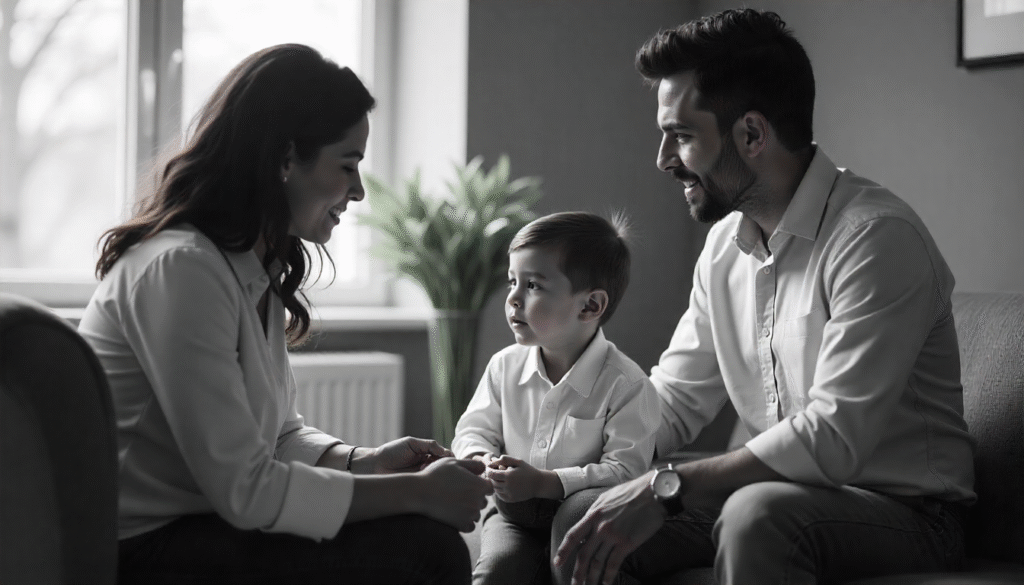When we think about children’s development, milestones like walking, talking, or starting school often come to mind. But beyond these physical achievements lies something even more important—the psychological and emotional foundation that shapes how children think, feel, and connect with the world.
One of the most impactful areas in psychology today is early intervention—identifying developmental, emotional, or behavioral challenges in children as early as possible and providing the right support.
Why Early Intervention Matters
Research has consistently shown that the brain is most adaptable in the first few years of life. During this period, experiences—positive or negative—leave long-lasting imprints. Early intervention helps by:
• Building stronger foundations – Addressing speech delays, learning difficulties, or social challenges before they become major obstacles.
• Improving learning and behavior – Children with early support often show better academic skills, attention, and social adaptability.
• Supporting families – Parents learn strategies to encourage their child’s growth and manage challenges more effectively.
Common Areas of Early Intervention in Psychology
1. Speech and Language Development – Helping children improve communication and reduce frustration.
2. Behavioral Support – Addressing tantrums, hyperactivity, or attention difficulties.
3. Social and Emotional Skills – Guiding children to express feelings, build friendships, and develop empathy.
4. Cognitive Development – Enhancing memory, problem-solving, and school readiness.
Role of Psychologists
Psychologists work hand-in-hand with families, teachers, and therapists to create personalized intervention plans. Through assessments, behavior therapy, play therapy, and counseling, they bridge the gap between a child’s current abilities and their potential.
A Gentle Reminder to Parents
If you notice delays in milestones, persistent behavioral issues, or social difficulties, don’t wait it out. Early steps can make a world of difference. Remember, it’s not about labeling—it’s about empowering your child to thrive.
Psychology isn’t just about treating problems—it’s about nurturing strengths, resilience, and overall well-being. By focusing on early intervention, we are not only helping children today but also shaping healthier, happier adults for tomorrow.

